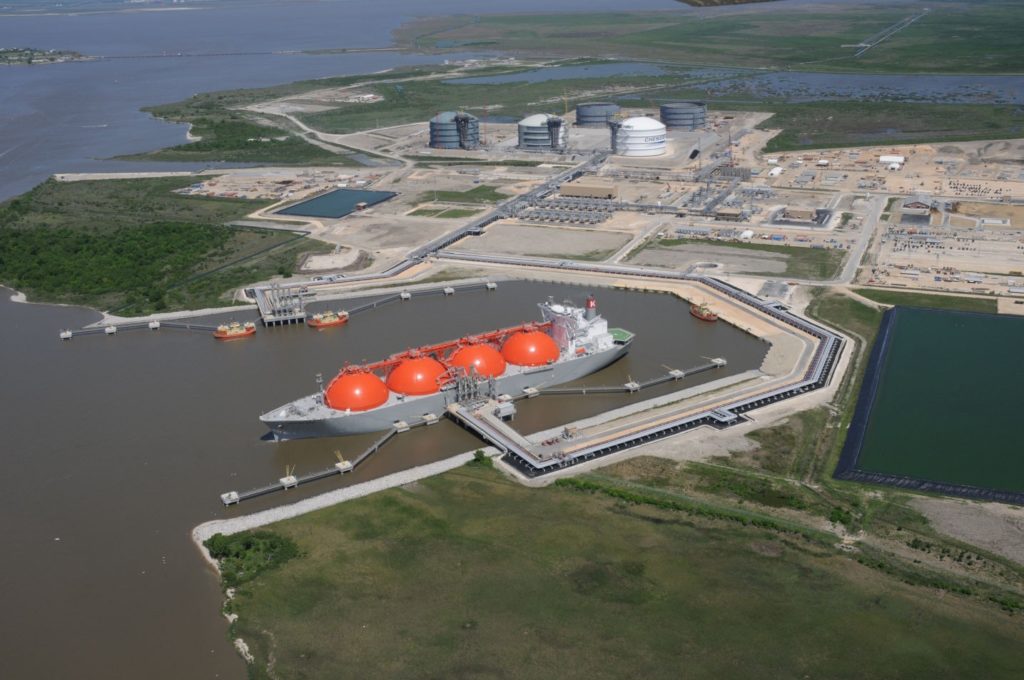The Peninsula
How Korea’s Nuclear Power Decision Could Impact the U.S.-Korea Trade Deficit

By Troy Stangarone
In one of his early decisions after taking office, South Korean President Moon Jae-in announced that he planned to end South Korea’s reliance on nuclear power and shut down ten coal fired plants to reduce reliance on coal power as well. The decision was taken with an eye to improving the environment and safety, while also moving towards a greater reliance on liquefied natural gas (LNG) and renewables. With the United States shifting to the exportation of LNG, the decision by the Moon Administration to shift from coal and nuclear power to LNG also has long-term implications for South Korea’s trade surplus with the United States.
The plan put forward by the Moon Administration was appealing in South Korea as it would address dual concerns over safety and clean air. The safety concerns arose in the aftermath of the 2011 nuclear meltdown at the Fukushima plant in Japan, combined with a series of nuclear safety scandals in South Korea. The public had also grown weary of the smog that pollutes South Korea’s air. The Moon plan would address both concerns by phasing out nuclear power and reducing the use of coal to produce electricity in South Korea. It also has the added, unstated, benefit of providing an avenue to reduce South Korea’s trade surplus with the United States.
Reducing South Korea’s trade surplus with the United States has recently become more of an issue than it ordinarily would be. With the election of President Donald Trump, the level of South Korea’s trade surplus with the United States has become a political issue and the subject of one of President Trump’s campaign pledges that he seems intent on implementing. As a result, the United States has pushed South Korea to renegotiate the U.S.-Korea FTA (KORUS), which President Trump has called “horrible” to bring down the United States’ trade deficit with South Korea.
One way many expected to bring down the deficit, if over the long-term, was through increased exports of U.S. LNG to South Korea. With the shale gas revolution in recent years and increasing investments in export terminals, the United States was positioning itself to become a major exporter of LNG. As the world’s second largest importer of LNG, South Korea is also an attractive market for U.S. exports of LNG.
In 2012, South Korea’s KOGAS signed a contract to import 3.5 million tons of LNG annually from the United States. The first shipments were exported to South Korea this year. While the export of shale gas to South Korea will help reduce the deficit, it may no longer have the long-term impact that might have been expected when President Moon first unveiled his plan.
As part of the process of phasing out nuclear power, President Moon also established a public committee to review the closure of two nuclear power plants already under construction. The committee recently announced its findings and called for the two plants already under construction to be completed, but endorsed the administration’s long-term plan to phase out nuclear power. While President Moon has indicated that he will accept the committee’s decision and proceed with the completion of the two plants already under construction, his administration will not move forward with any new nuclear power plants and plans to shut down an older plant once alternative fuels are secured.
Had the full plan gone forward, South Korea was expected to import an additional 10 million tons of LNG a year by 2030. With two new nuclear power plants coming online by 2022 and a slower transition to LNG, South Korea will import less LNG over time. The United States was already going to face competition from new sources coming online and existing sources in Australia, Papua New Guinea, and Russia to meet South Korea’s new demand. Now with South Korean imports of LNG expected to grow at a slower rate, exports of U.S. LNG to South Korea will likely be smaller and the impact on the United States trade deficit less.
Troy Stangarone is the Senior Director for Congressional Affairs at the Korea Economic Institute of America. The views expressed here are the author’s alone.
Photo from Think Defence’s photostream on flickr Creative Commons.
